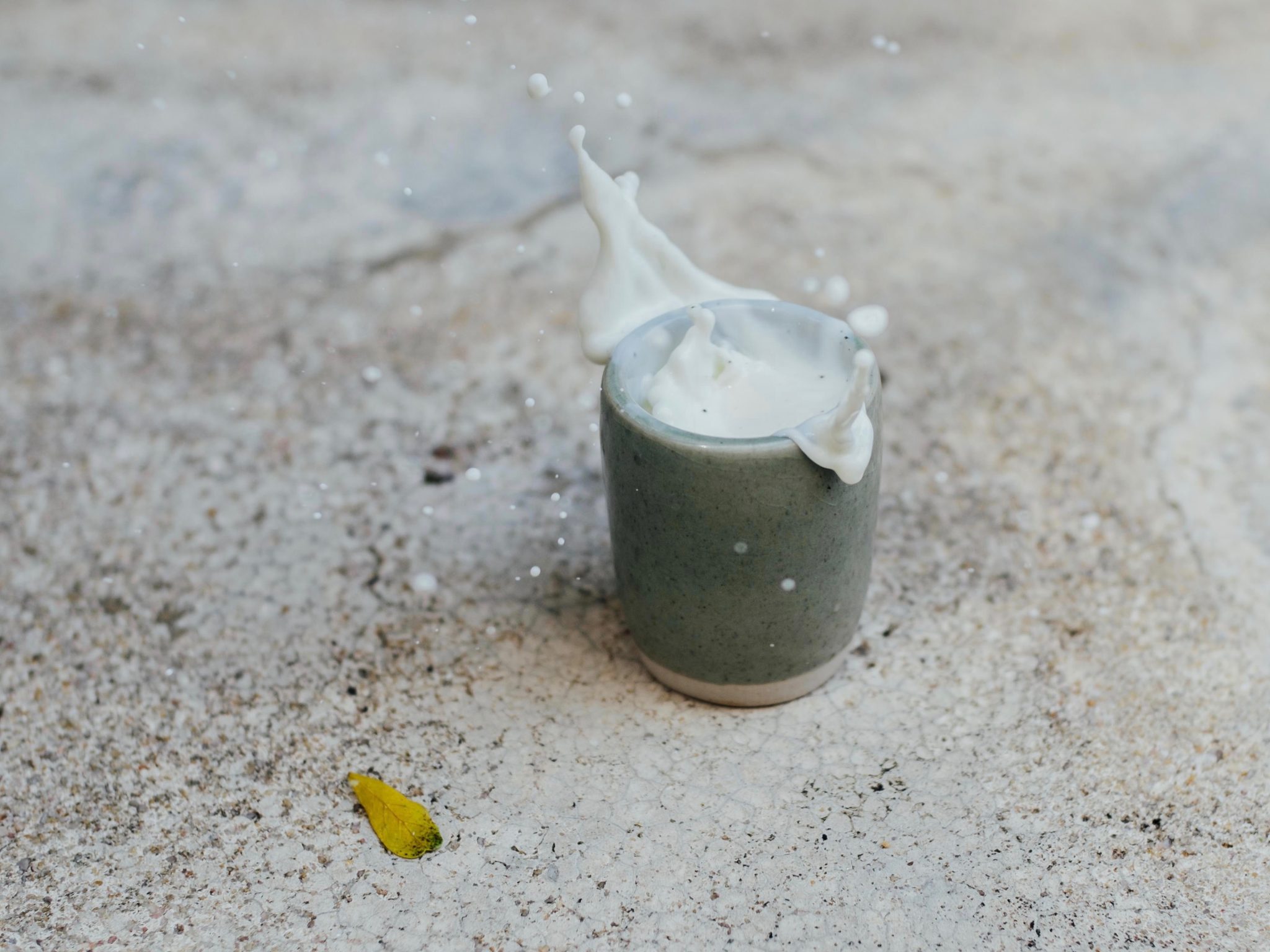
Is whey the answer for a vegetarian diet? Is it even good for you? Those are the questions I’ve been asking recently.
From my research, when turning vegetarian, protein is often highlighted as a nutrient to really focus on. So far on my journey into vegetarianism, I’ve been able to maintain a good balance of protein in my diet through dairy, eggs, and even spirulina powder.
But is this enough, especially now I’m intensifying my fitness regime? Which source really provides the highest amount of protein?
How Much Whey Do You Need Each Day?
As stated in my earlier post, how much protein do you need in your diet?, your body’s daily protein requirement is dependent on size as well as gender, but also whether it’s plant-based or animal proteins that you’re consuming.
When it comes to “bulking up”, this is even more important – and whey protein has become synonymous with the fitness world.
For my requirements, I want to maintain a steady intake of 45g of protein per day to keep my body in shape and healthy – including the ability to tone up through yoga and running. Along with my approach to fitness, I’ve also been a little averse to consuming cows’ milk – chiefly because of the welfare of cattle, but also the incredibly high fat content.
So I was fortunate enough to be able to try organic whey protein powder gifted from The Organic Protein Company to try it out alongside my new fitness regime. For once, I can categorically say that I don’t feel guilty when consuming dairy because of the low fat content, as well as the company’s promise that its cows are free to roam organic, unpolluted pastures.
How To Prepare A Whey Protein Shake
A standard portion of whey powder (usually around 20-30g) is made to be used with 200-300ml of cold water, which can then be consumed neat or added to smoothies.
I like to prepare my whey shakes using a traditional shaker, with a spring in the bottle that helps whip the drink together into a smooth shake.
The flavour is like a strong form of milk, yet there is no creaminess that comes with the fat of cow’s milk. The organic whey protein powder I’m using comes from organic cows’ milk sourced within the EU, and not only does it come in single-serve sachets that provide 15g of protein per 20g of powder, it also is well-presented – nothing too scary!
How Does Whey Compare To Other Vegetarian Proteins?
However, as I’ve only just begun to explore whey protein for health, I wanted to know how well it compared to other sources of protein in my life at the moment. Here is my analysis:
Organic Whey Protein Nutrients
Nutrition per 100g:
- Energy 368 kcal
- Carbohydrate 5.6g
- of which sugars 2.1g
- Fat 4.0g
- of which saturates 2.4g
- Protein 77.5g
- Sodium 0.8g
As the serving size is 20g, 15g of pure protein is provided – that’s one third of my daily goal in one small sachet!
Organic Free-Range Egg Nutrients
Nutrition per 100g:
- Energy 143 kcal
- Carbohydrate 1.0g
- of which sugars 1.0g
- Fat 10g
- of which saturates 3.0g
- Protein 13g
- Sodium 0.1g
If I’m going to eat eggs, I’ll have two medium-sized ones, totalling 88g on average. This means I’d get 26g of protein per serving – which is more than a single serving of whey protein, but a highly reduced percentage per 100g of egg in comparison to 100g of whey protein powder.
Spirulina Powder Nutrients
Nutrition per 100g:
- Energy 290 kcal
- Carbohydrate 24g
- of which sugars 3.0g
- Fat 8.0g
- of which saturates 3.0g
- Protein 57g
- Sodium 1.0g
When it comes to spirulina*, the high percentage of plant-based protein makes it a great option for vegan and plant-based diets, but it still is small in comparison to whey protein.
In fact, in order to get the same amount of protein from spirulina as you would get from a 20g sachet of whey protein, you’d need roughly four tablespoons, or 28g. Plus, have you tasted spirulina?!
Hemp Protein Nutrients
Nutrition per 100g:
- Energy 403 kcal
- Carbohydrate 25g
- of which sugars 3.0g
- Fat 12g
- of which saturates 1.0g
- Protein 45g
- Sodium 0g
I’ve also included hemp protein powder* in my analysis, as this is great alternative for a vegan or plant-based lifestyle and I too have a pouch of it in my cupboard. Surprisingly, hemp protein powder has smaller percentage of protein in it than spirulina, and quite a lot more calories too. To gain 15g worth of protein in one sitting, I’d have to consume 34g of hemp protein powder.
What’s important to remember is that the amount of each source of protein consumed differs – I’ll easily eat two eggs in a meal, but will only have one sachet of whey powder, or one large tablespoon of spirulina in a smoothie. The best way to maintain a high-protein intake is to combine these ingredients – along with other high-protein foods – across your three meals per day. A healthy diet is a varied diet!
